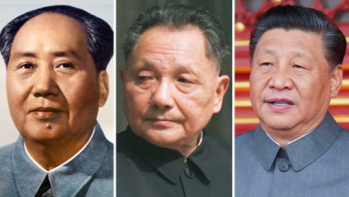
This article explores the sources of legitimacy in Chinese civilisation. While religion played a relatively minor role in China as a source of legitimacy for regimes, history, culture, and performance were more significant. In the 21st century, reacting to the impact of Western imperialism, the KMT and CCP added nationalism to the mix. In the PRC, legitimacy shifted from being centred on charisma, nationalism, and ideology under Mao to performance legitimacy under Deng Xiaoping. Under Xi Jinping, there has been a revival of the personality cult of the leader and an attempt to build his charisma, similar to the Mao era. There has also been a return to the use of history to bolster Xi’s and the Party’s legitimacy. While the party-state’s performance legitimacy may be high currently, it is not what it was earlier. The extreme sensitivity displayed by the CCP in dealing with signs of domestic dissent and unrest hardly reflects the behaviour of an internally secure state. While the CCP and Xi certainly have power at home, and considerable popular legitimacy, they act as though they doubt their authority at home. The article concludes by considering the implications for China’s behaviour internationally.
Keywords: Legitimacy, Chinese Politics, Communist Party of China, Xi Jinping
© 2019 ICS All rights reserved.
Powered by Matrix Nodes